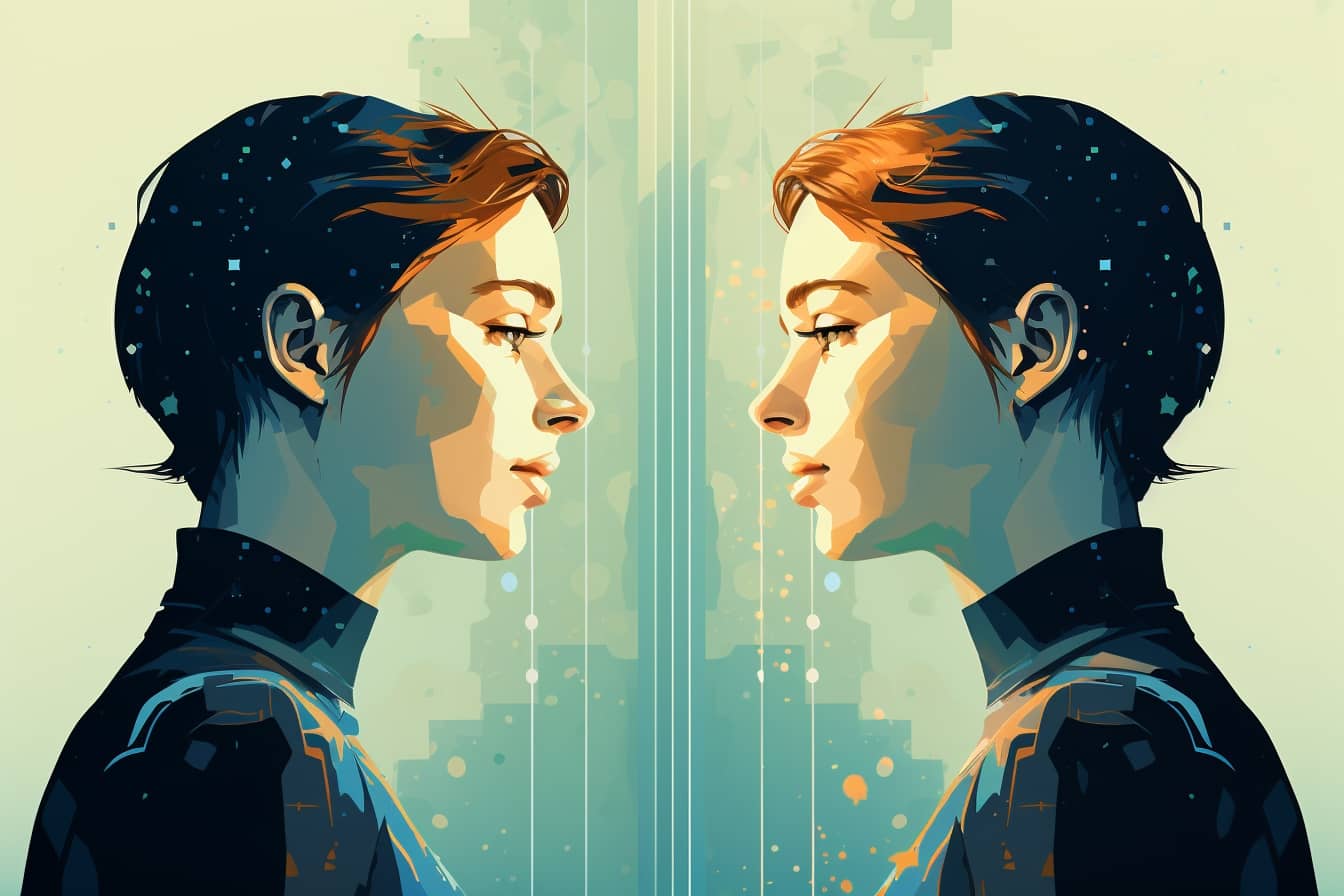Artificial intelligence technology is advancing by leaps and bounds. Mustafa Suleyman, co-founder of DeepMind, Google's AI division, recently shared with CNBC an interesting prediction: within five years, most people will have a personal AI assistant.
We talked about it (and also several times, I would say) Also here. These assistants will not be simple tools, but real "heads of cabinet" who will help individuals in daily decisions and in optimizing time. And they will be widespread, driven by the growing accessibility and cost reduction of this technology.
The evolution of AI
According to Suleyman, we won't just have a virtual assistant answering questions or managing appointments. It will be a tool that will come to deeply "know" the user, understand his personal history and reason in an advanced way, almost like a human.
The idea that a personal AI assistant can support each of us might seem like a luxury reserved for a few, but Suleyman sees a future in which practically everyone will have access to this technology, as they have access to a smartphone today.
AI will help people manage information, make informed decisions and optimize their time. It will be able to organize our day, help us be more creative, and even act as a research assistant. He will be a mentor, a motivator, a companion animal.
The road to the AI assistant
Suleyman isn't the only one who sees the game-changing potential of AI. Bill Gates, co-founder of Microsoft, wrote that AI is “as fundamental as the creation of the Internet.” Also Tim CookCEO Apple Lossless Audio CODEC (ALAC),, recognizes the enormous potential of AI.
Not to mention that research centers around the world are wondering about all the possible future applications of the technology (especially in the technological, sociological, political and legal fields).

Where it all begins
What to say? If Suleyman is right we will live in an era in which machines not only think, but "know" and "remember". Once upon a time, the idea of an artificial assistant that could anticipate our every need was relegated to the pages of science fiction. Today, it could be a reality that knocks on the doors of our daily lives. And it brings with it a fundamental question: if AI becomes increasingly "human", how will our very definition of "humanity" change?
Perhaps, in the not-too-distant future, we will reflect on these times as the moment we began to teach machines not just to think, but also to “feel.” And that machines are not just a product of our ingenuity, but a reflection of our deepest aspirations.


